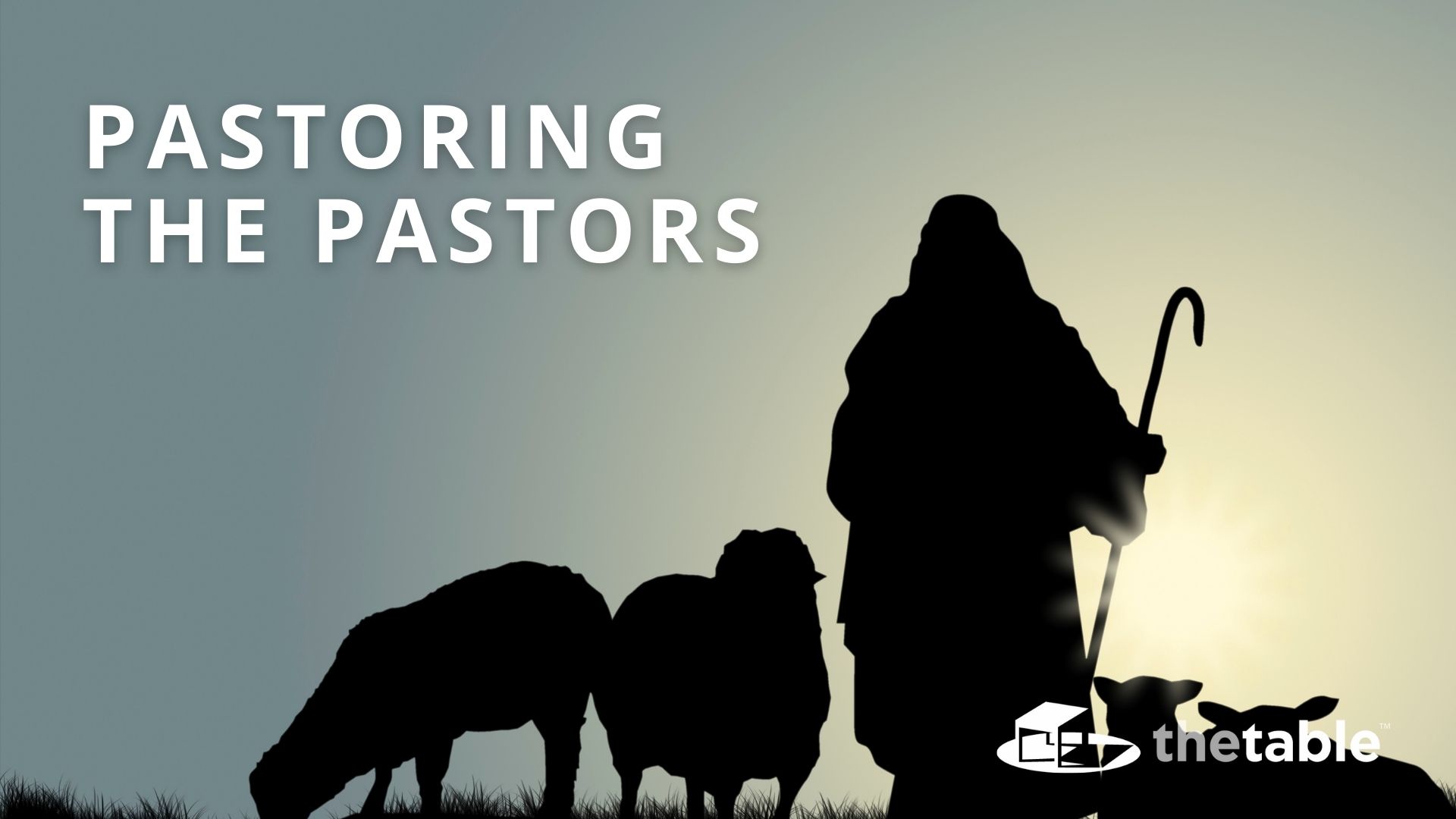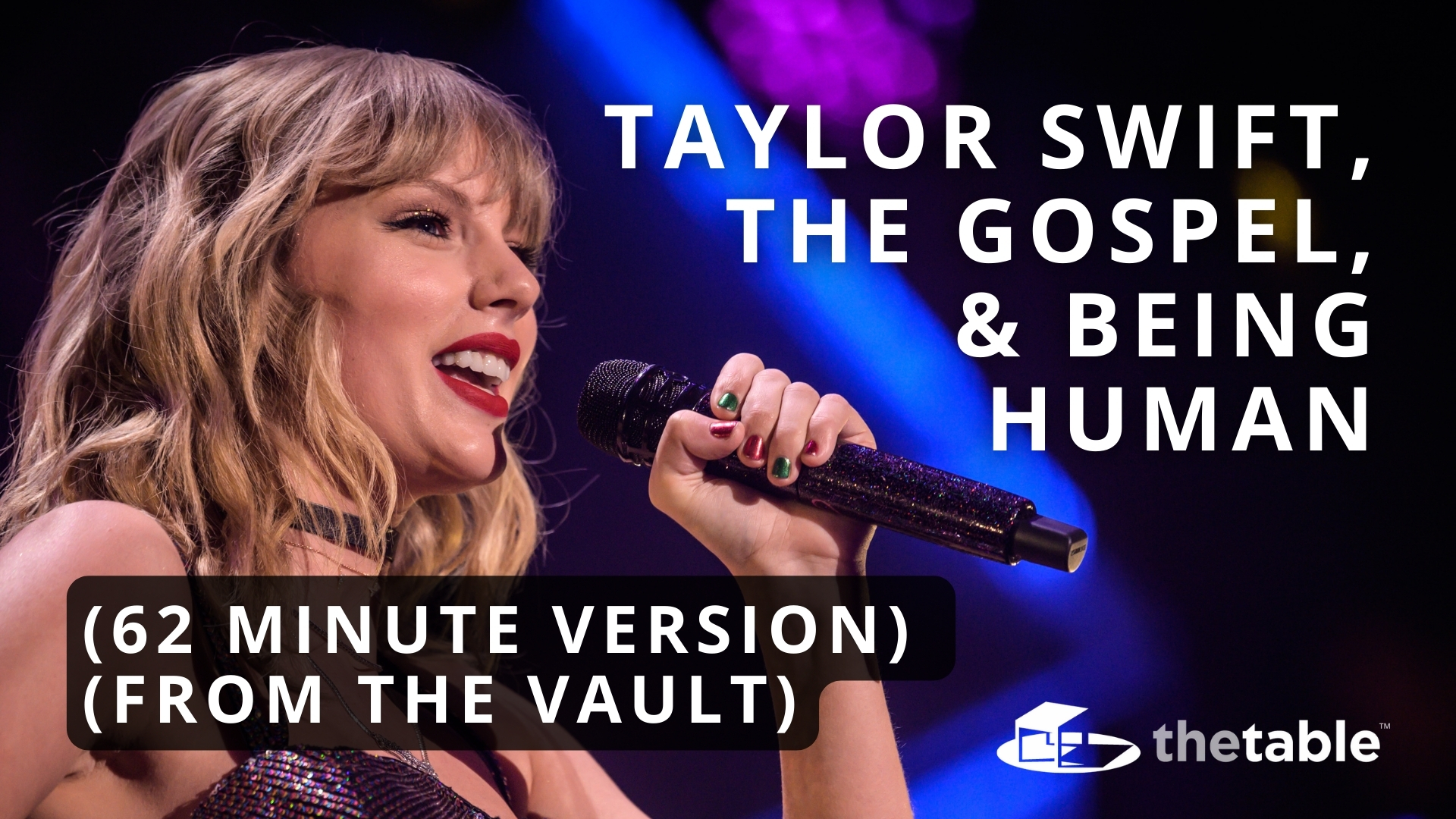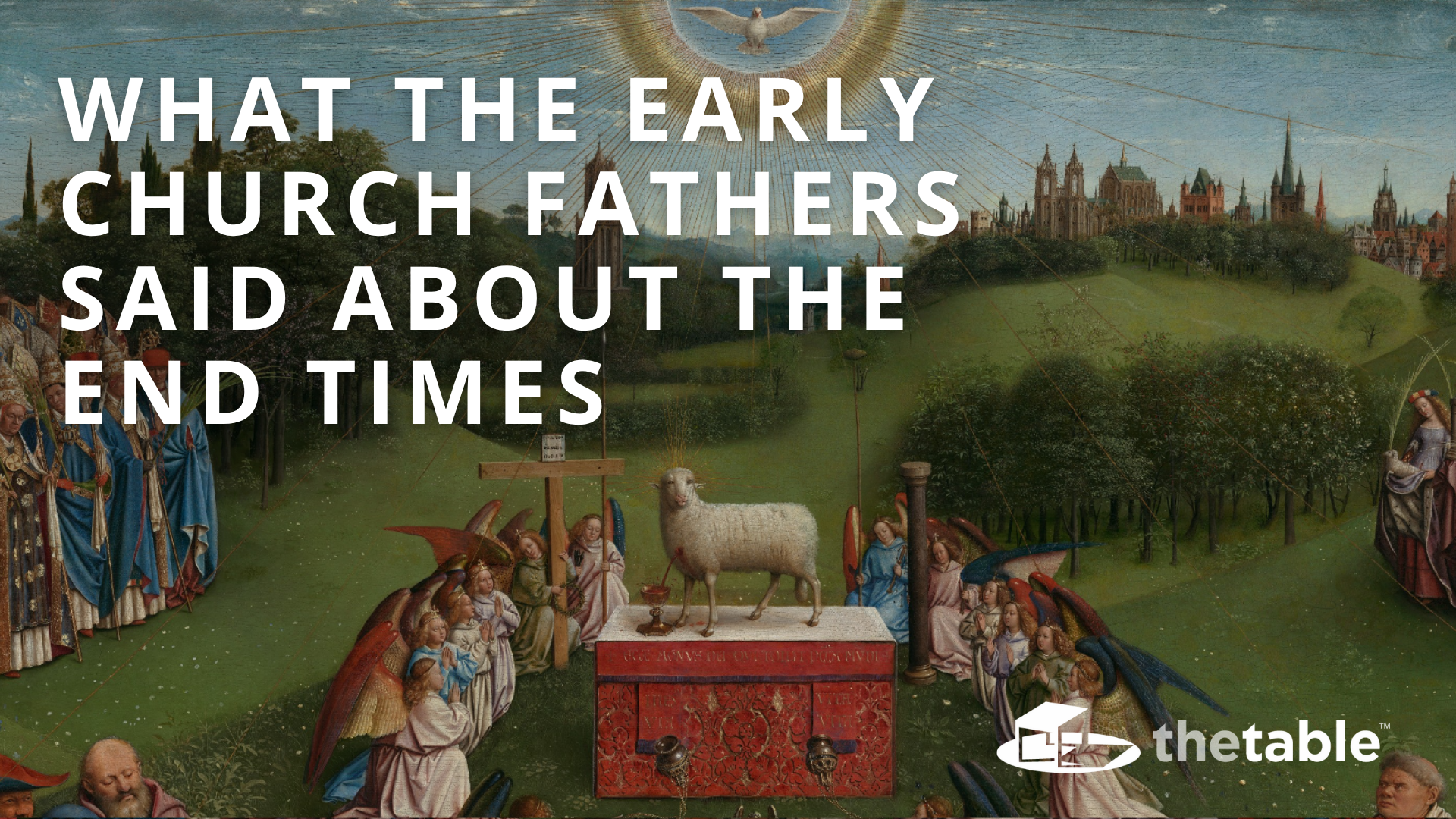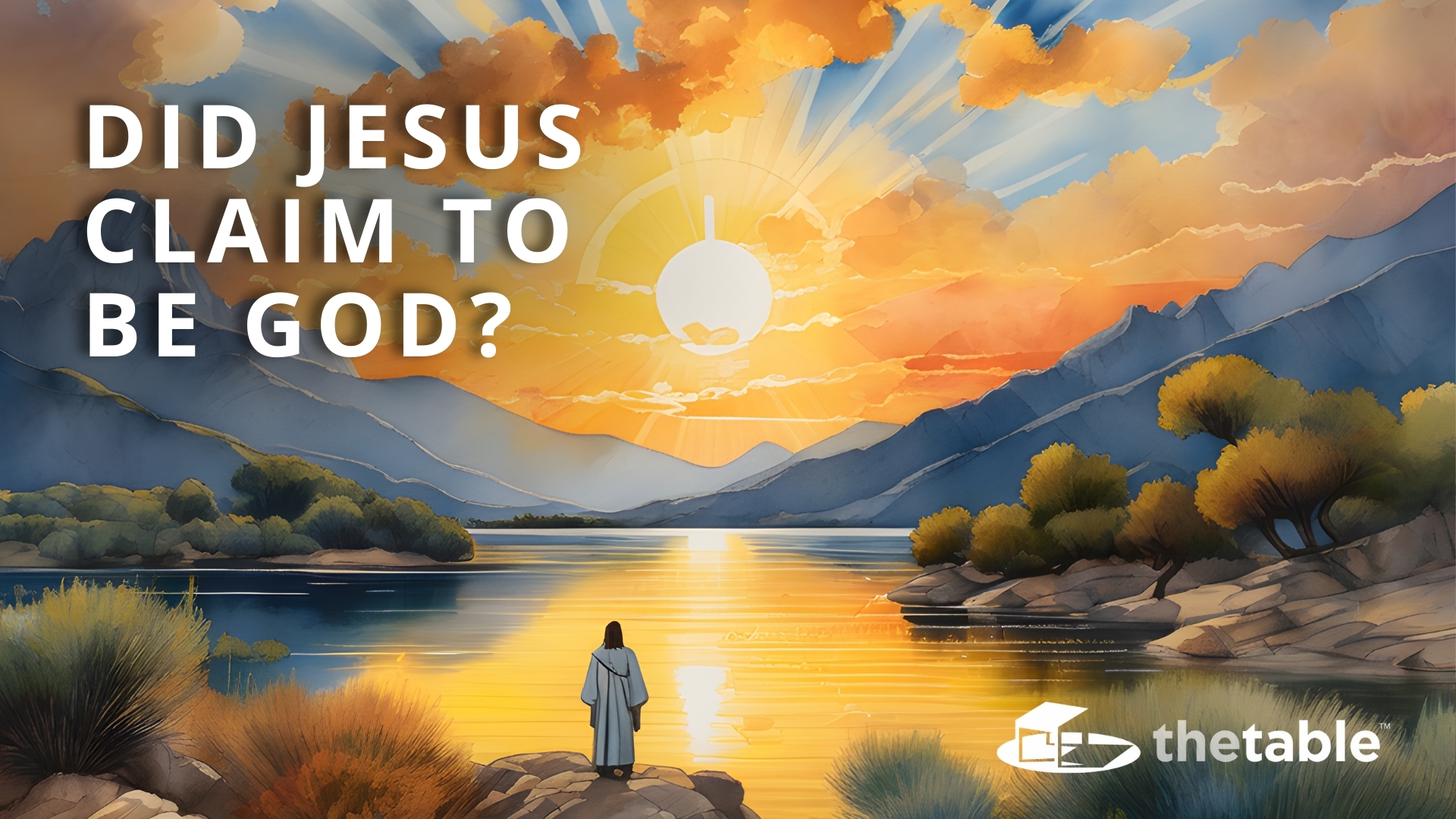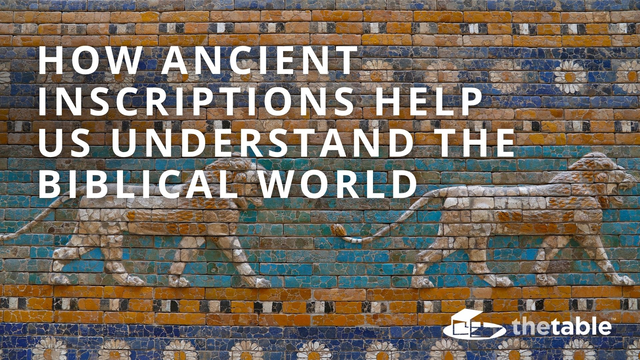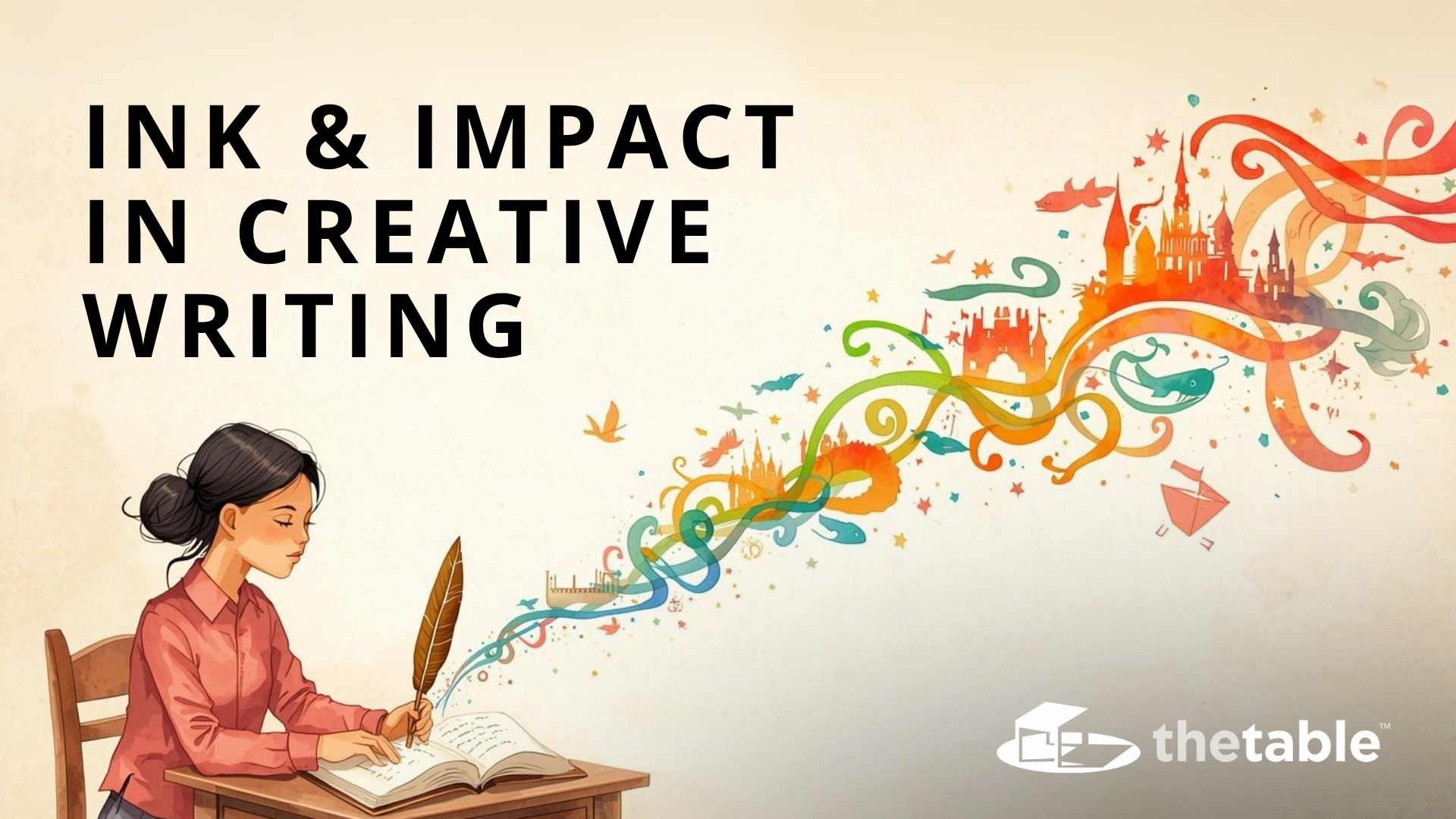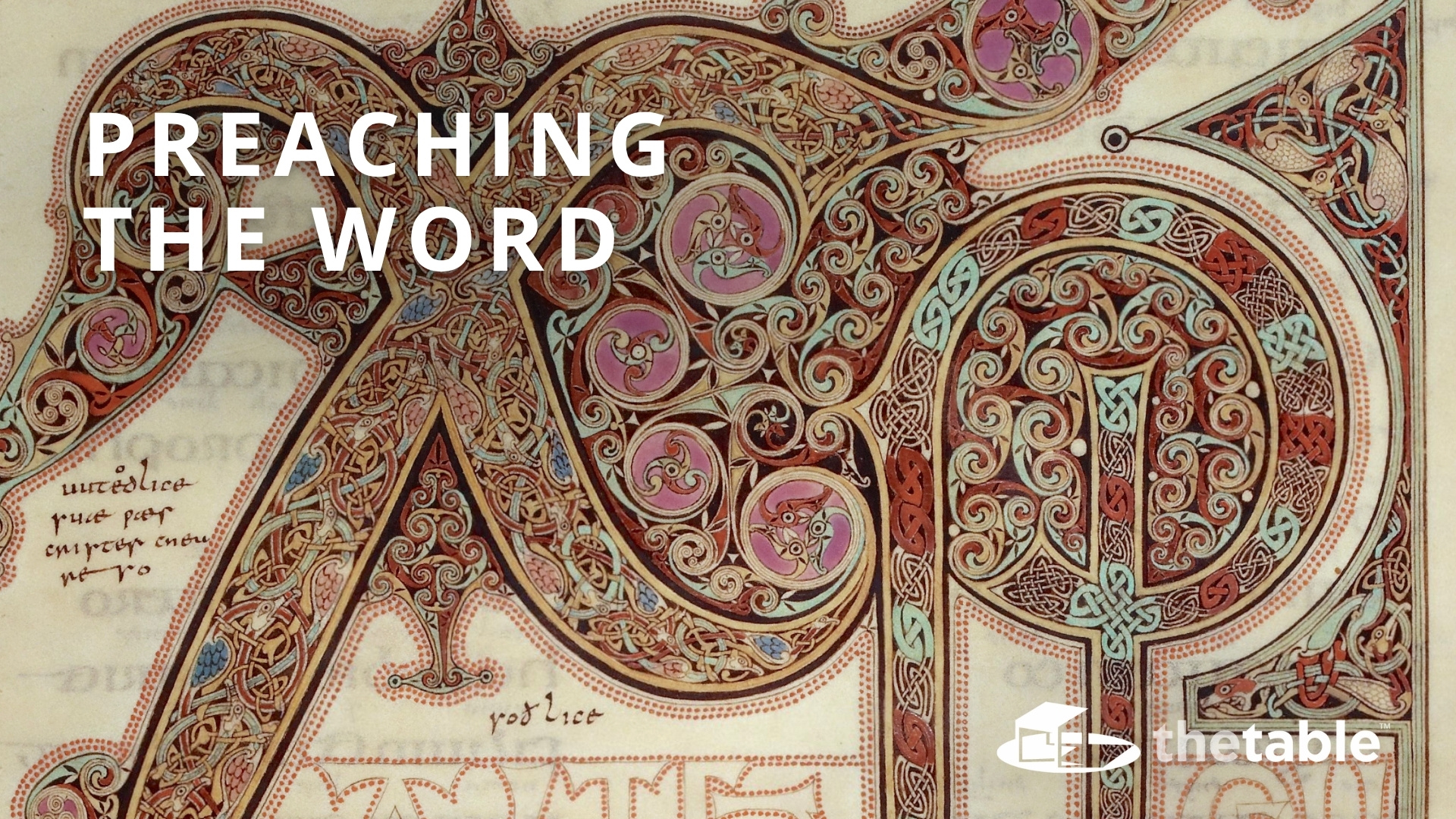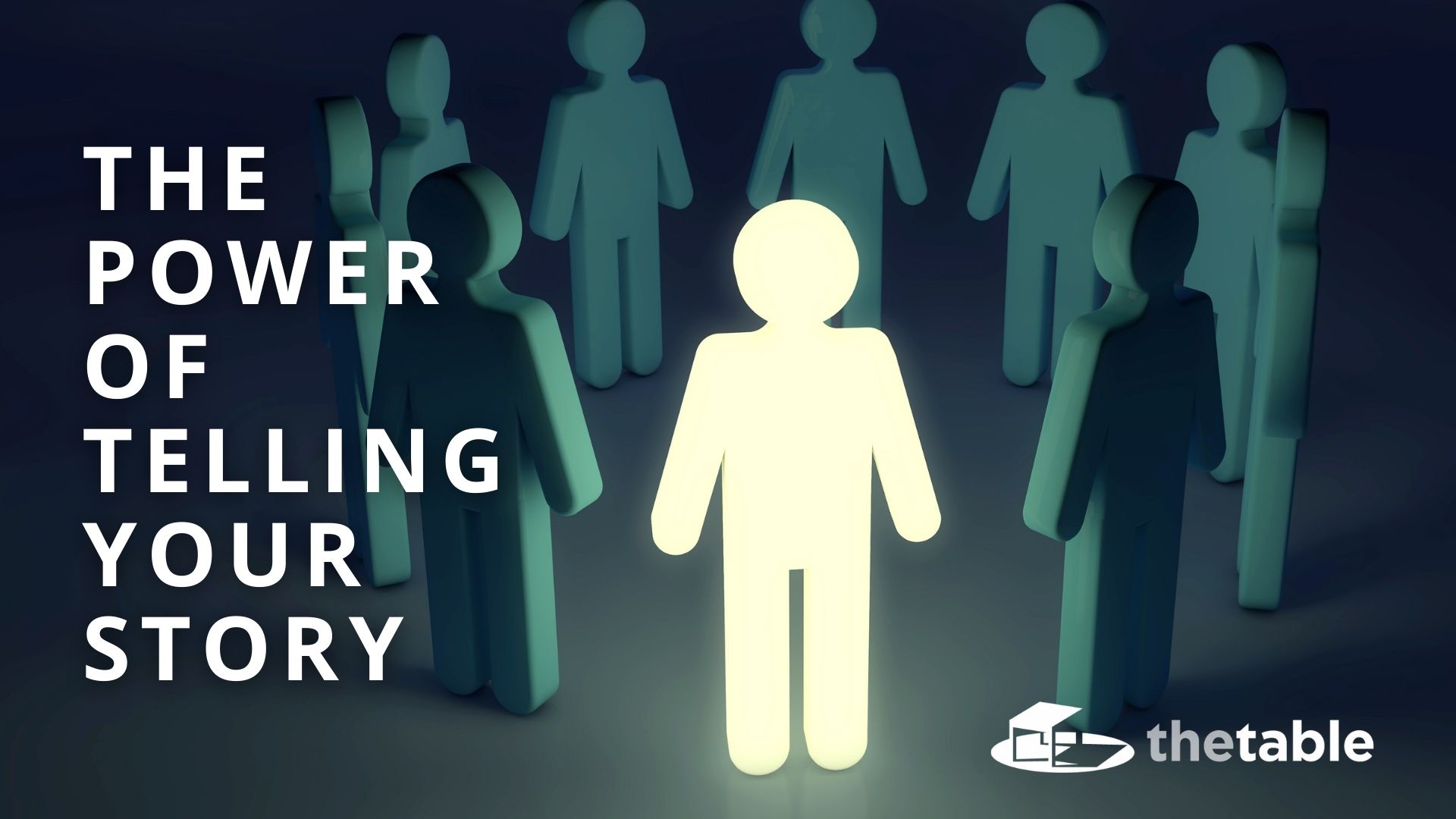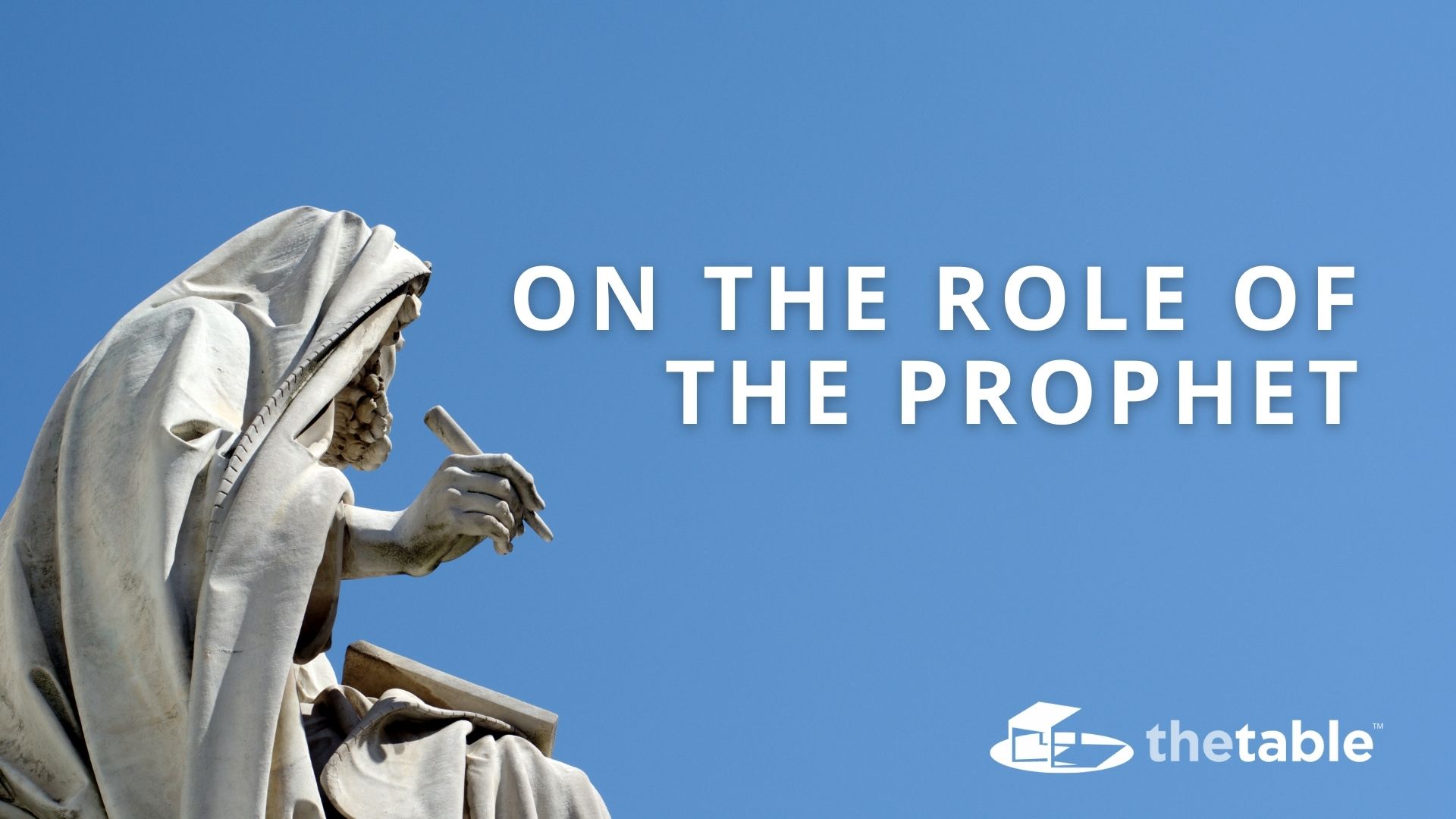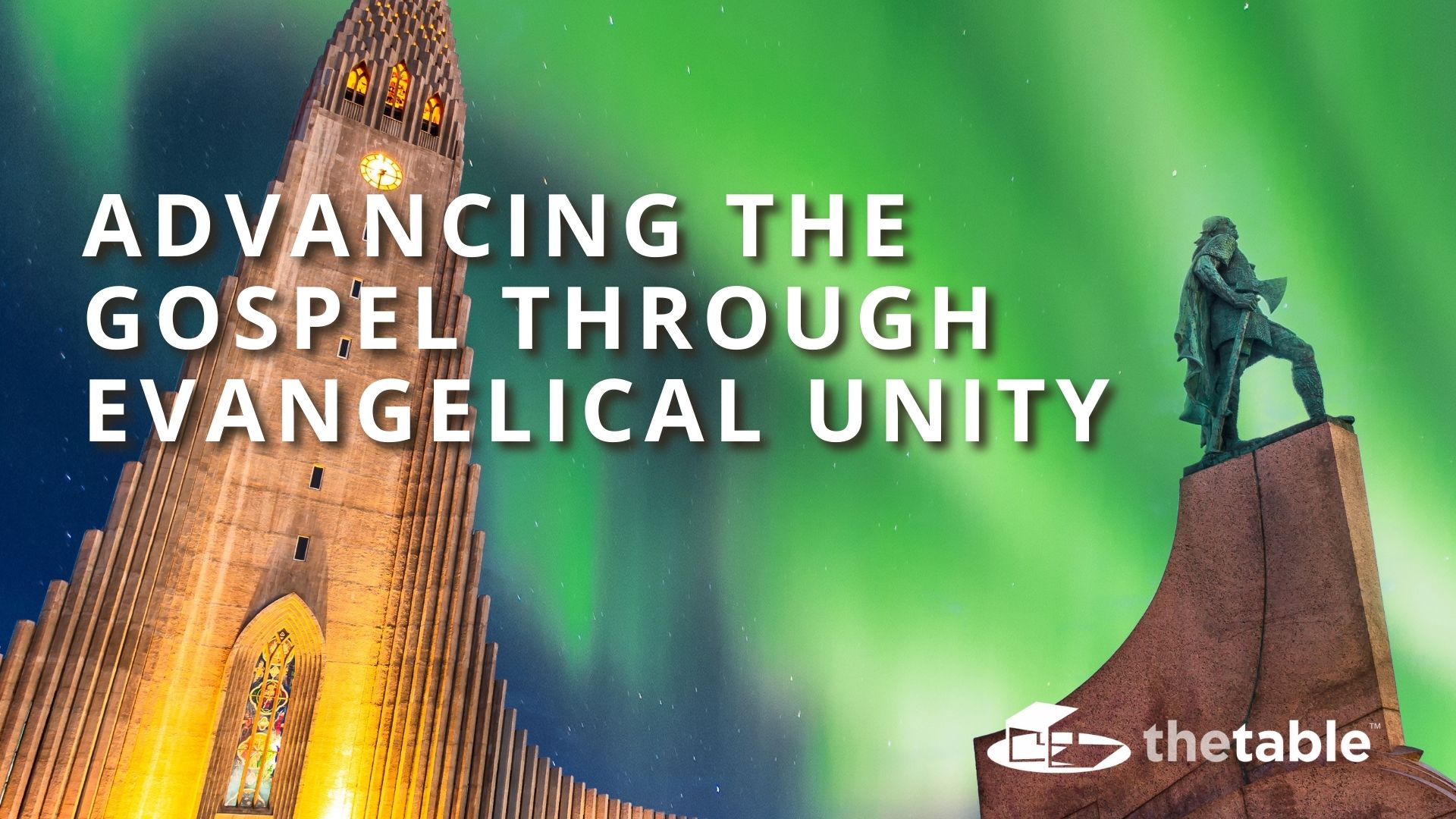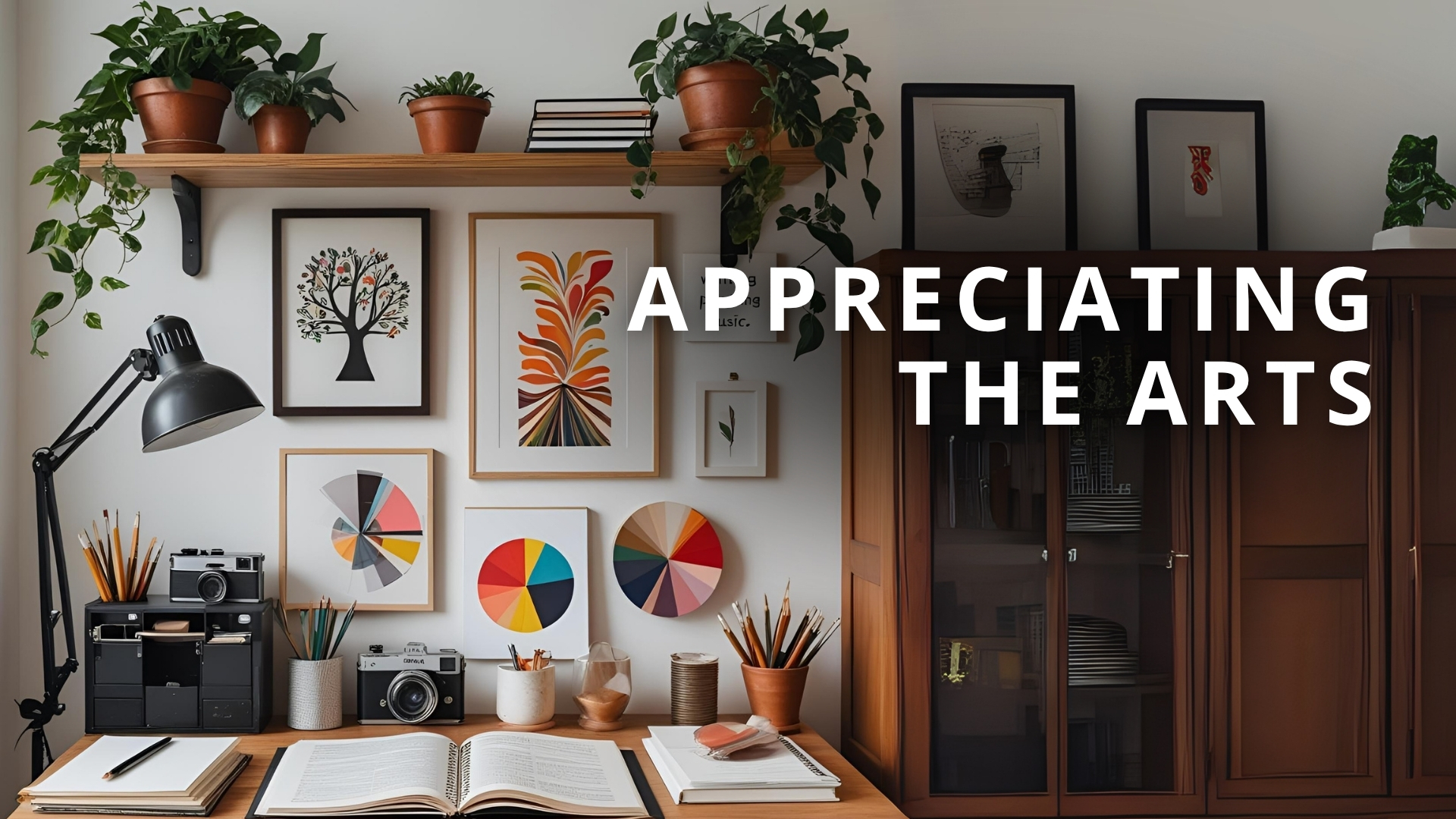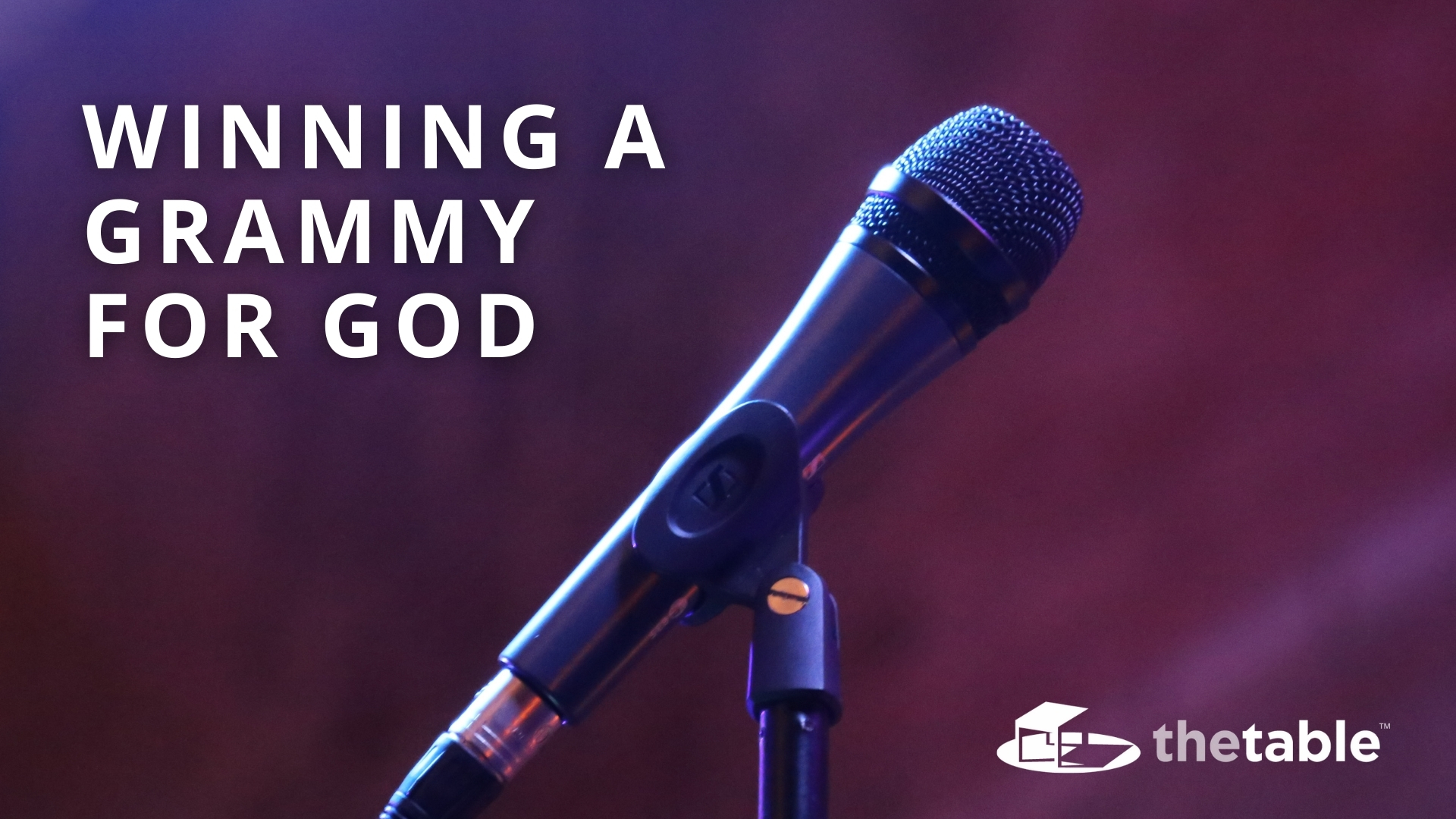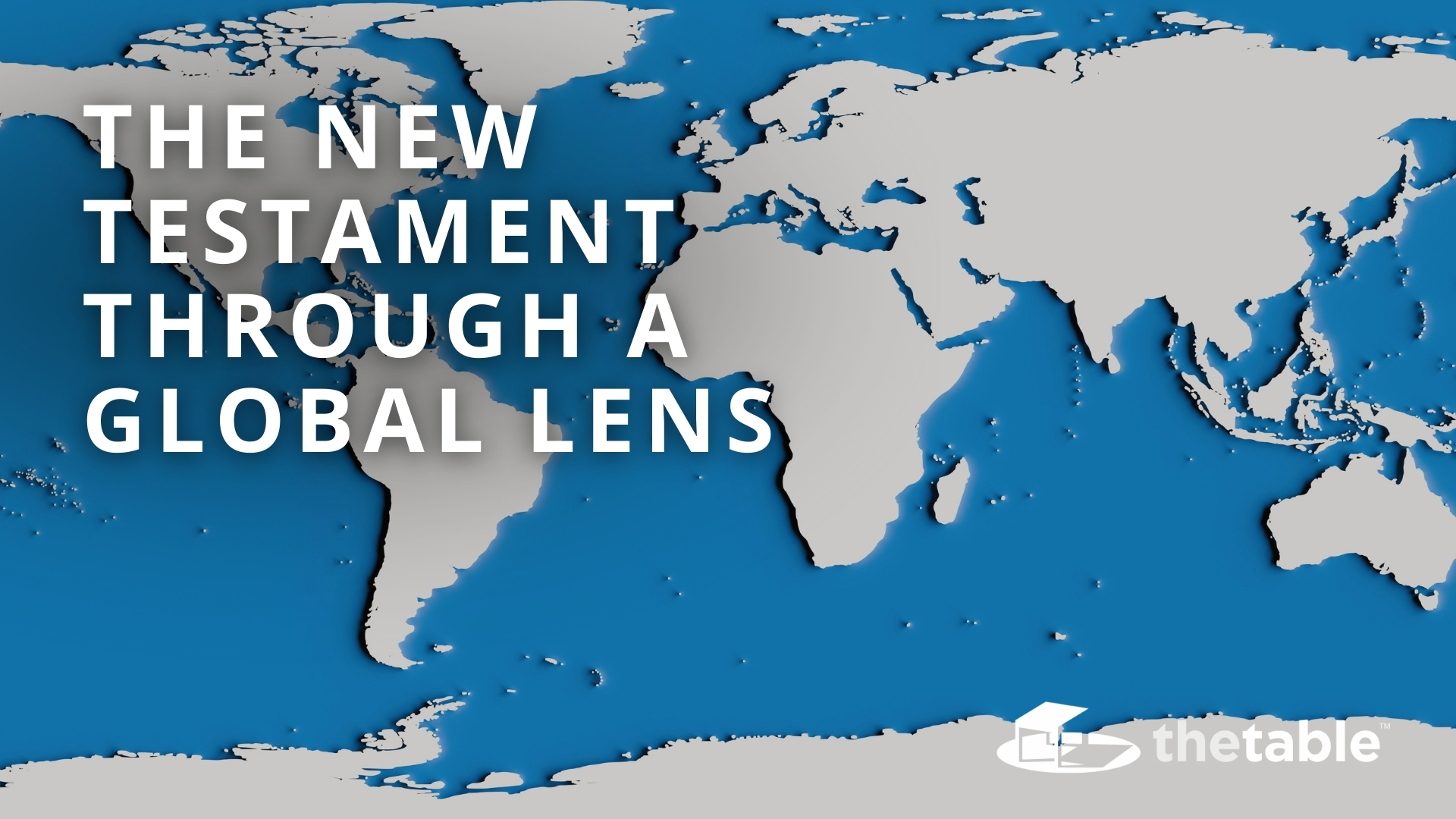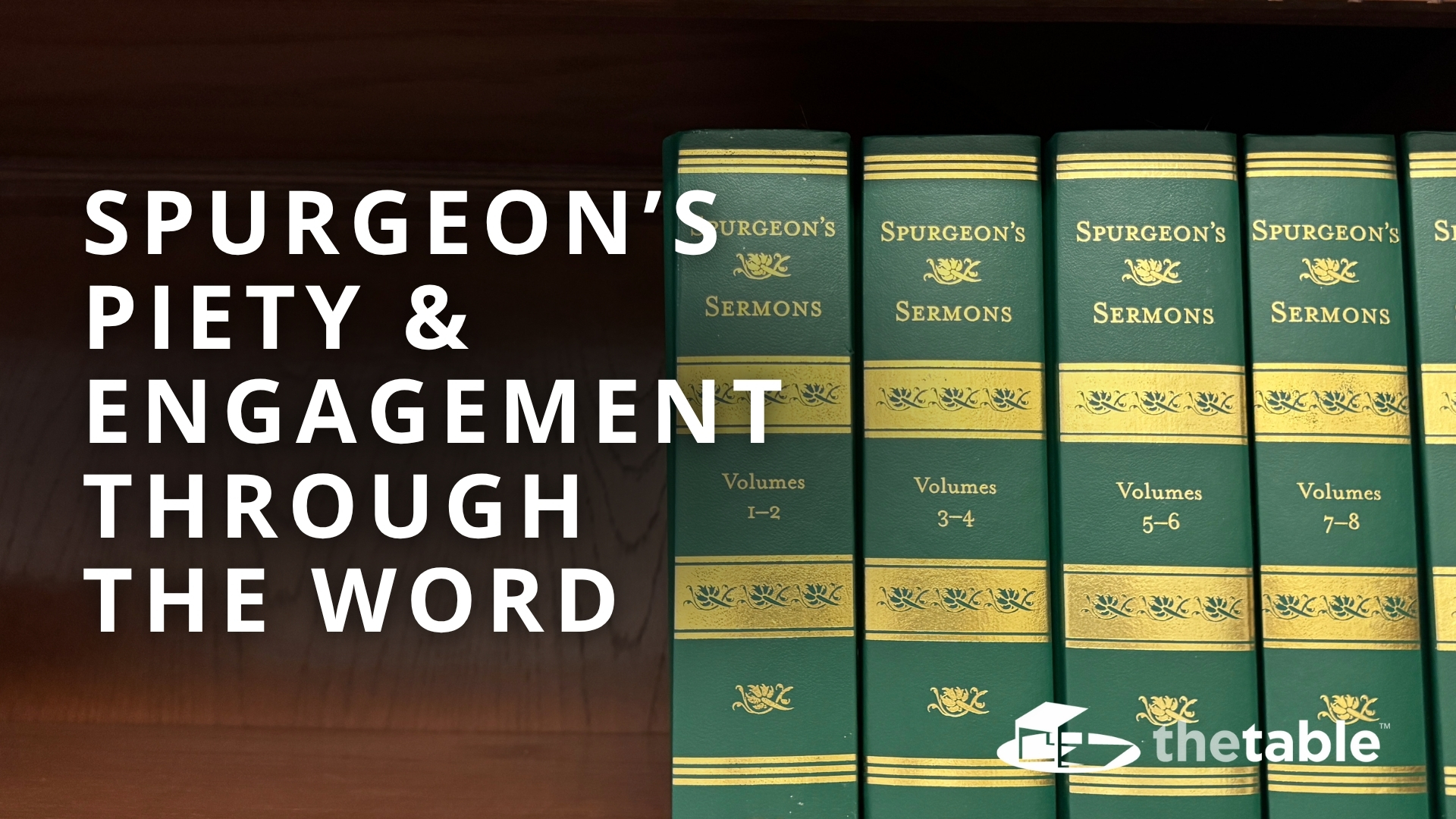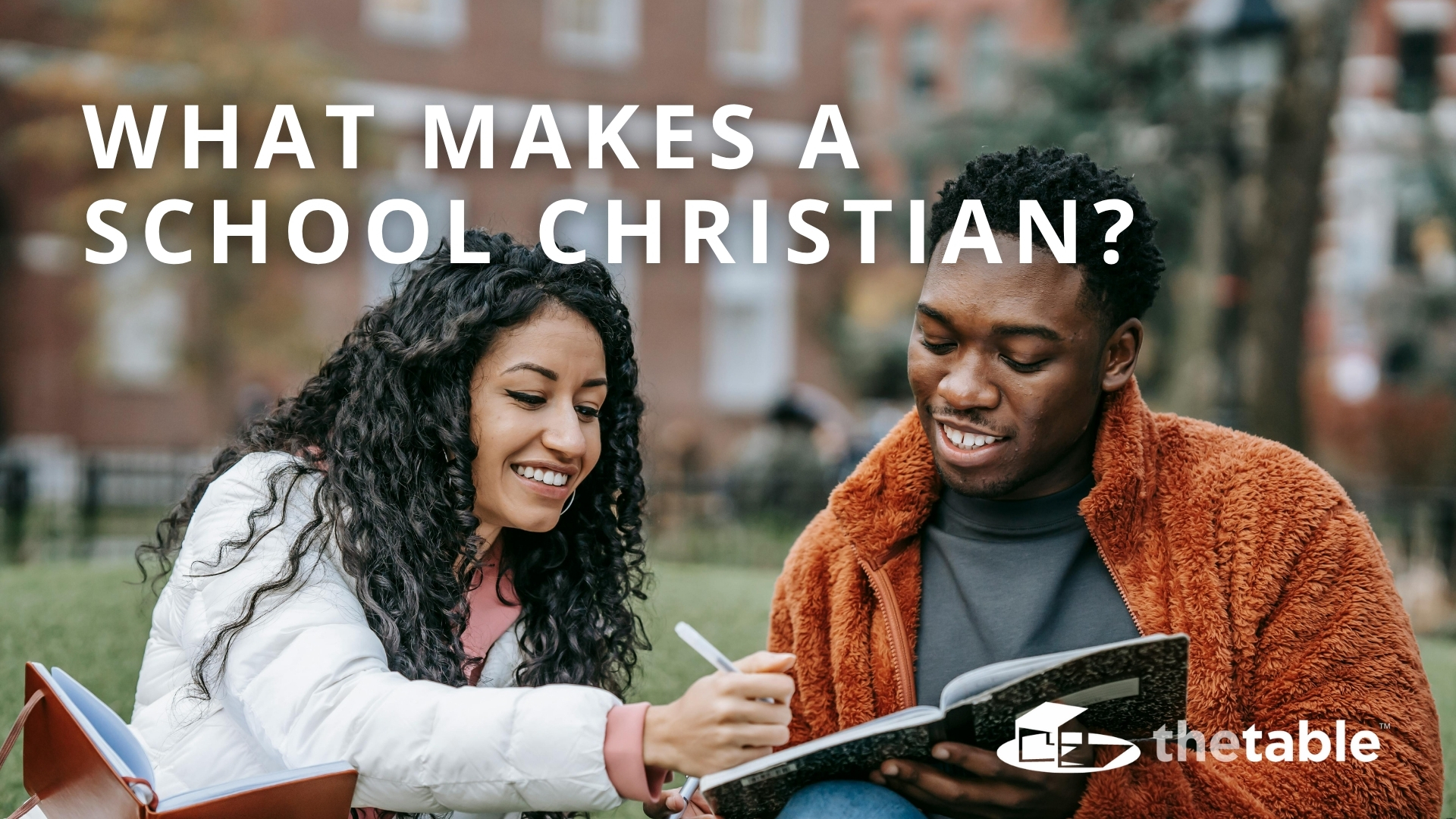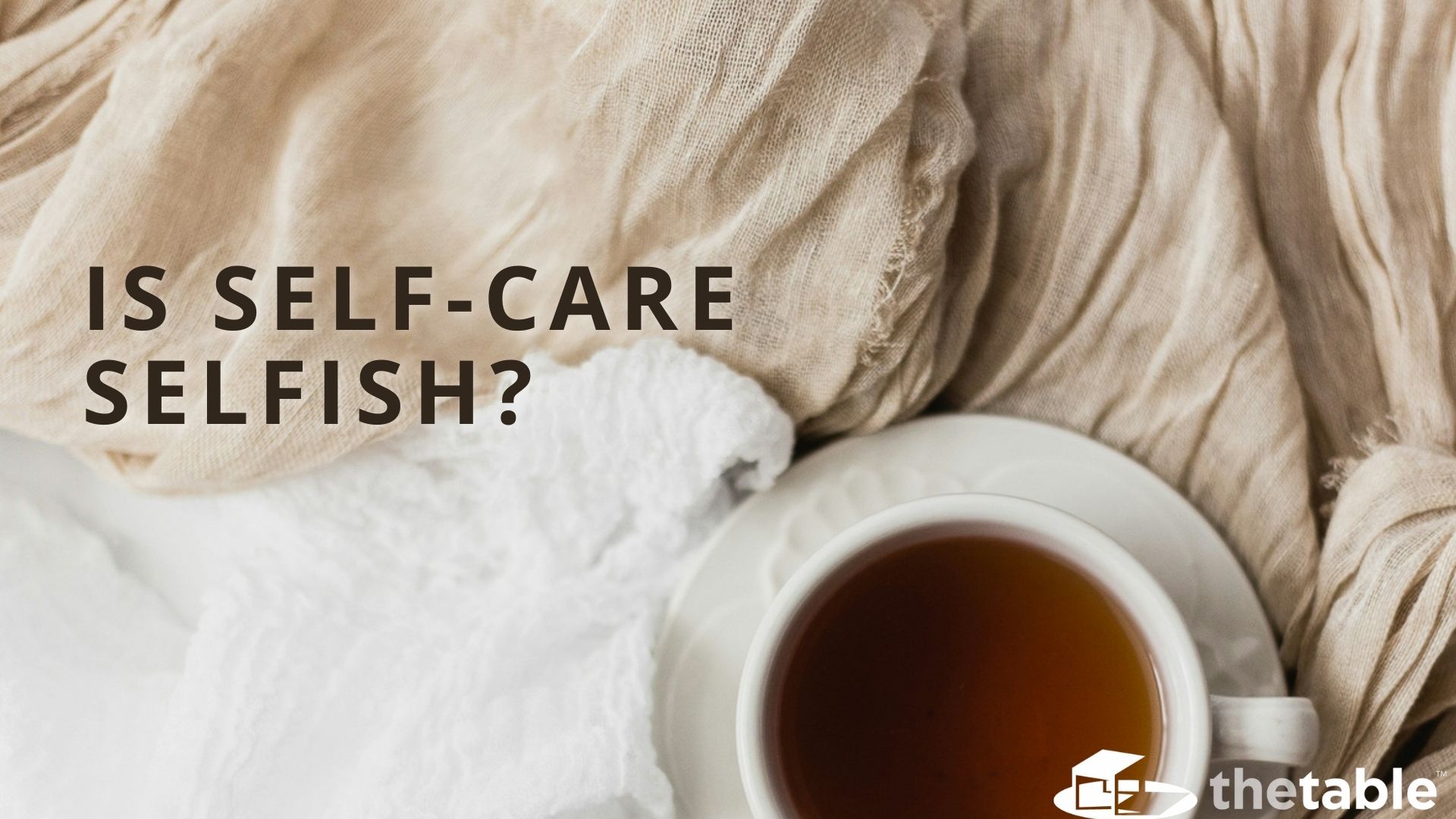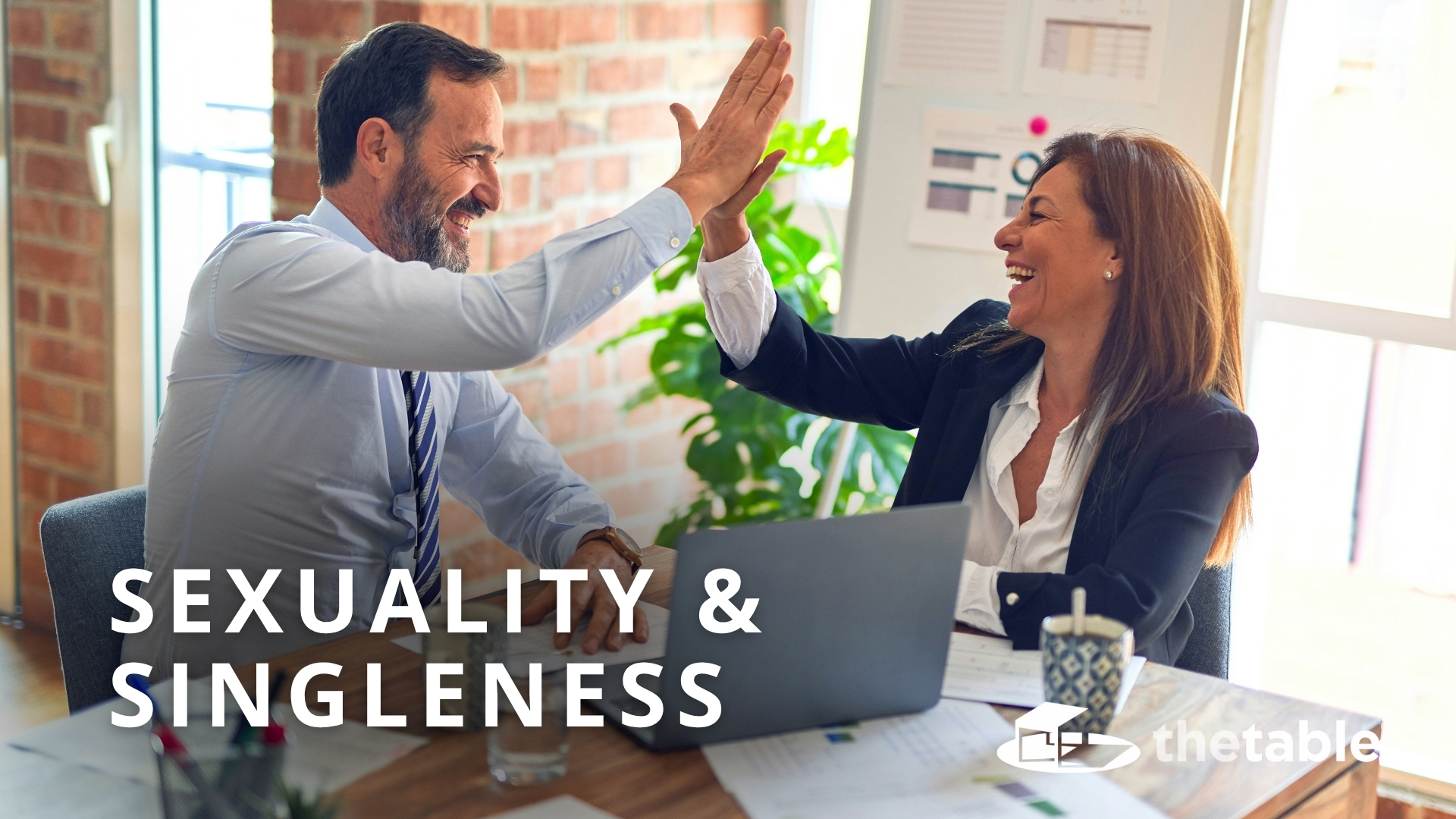Seminarians at Sundance
Description
Kasey Olander:
Welcome to the Table Podcast, where we discuss issues of God and culture to show the relevance of theology to everyday life. I'm Kasey Olander and I'm the web content specialist here at the Hendricks Center at Dallas Theological Seminary.
Darrell Bock:
And I'm Darrell Bock, executive director for Cultural Engagement at the Hendricks Center, as well as Senior Research professor of New Testament at the Seminary.
Kasey Olander:
I have to ask him to give his own titles. I don't know if I have that much energy to get through all those words.
Darrell Bock:
Takes a deep breath to get there. Yeah.
Kasey Olander:
Yeah. So we're grateful that you've joined us today on The Table podcast. Our topic for today is films from Sundance 2025. So we'll take a dive into those and we'll explore some of the different themes that have resonated, and how we as Christians can engage with those films in particular, but then also the greater ideas that those films represent about how we can engage with art and media as believers in Christ. So our guest today is Ryann Heim. She's the director of programming for the Windrider Institute. Ryann, thank you so much for being with us today.
Ryann Heim:
Thank you for having me. We're always big fans of Dallas Theological Seminary and your students joining us for the Windrider Summit, and using our films in your context, so I'm so happy to be here.
Kasey Olander:
Yeah, yeah. We are really grateful to be connected with you guys. It's been a really significant experience. As the last several years, professors from DTS have taken groups of students to the Sundance Film Festival and Windrider plays a key part in that. So Ryann, to start us off, could you just explain briefly what Windrider is and your role in it?
Ryann Heim:
Sure. So the Windrider Institute seeks to create, curate and respond to film and visual media, sparking thoughtful conversations around important topics in our culture. So we do that kind of in three ways. We have a productions team that does a lot of impact storytelling, so short documentary, episodic doc work, and really just creates award-winning beautiful content. But then we also have the Windrider Summit at the Sundance Film Festival, where we are an official partner of the Sundance Institute and we bring an audience of nearly 500 students, seminarians, ministry leaders, filmmakers, all to go and enjoy Sundance, watch Sundance films, but come back into our space to give a framework of how to be in culture as a Christian and how to have conversation around these really heavy topics sometimes, but things that we all wrestle with. And then as an outpouring of the Windrider Summit and productions, we have Windrider Studios, which is a library of hundreds of short films, some features with the W, which is a Q&A with our filmmakers, or an exploration guide, which is just a discussion guide to go through a film and even theological reflections.
So we really hope to provide film content and resources to spark conversation in whichever context, whether that's a Bible study or chapel, things like that. As a member of the Windrider team, I am the director of programming, so I get to watch a lot of movies for a living to be honest of the job, and I curate those films for the summit that we watch alongside Sundance films. I kind of help decide what films we all go see at Sundance, and then I license films year-round for Windrider Studios, so that you can use them in your own context to continue the conversation past just the Sundance Film Festival event.
Darrell Bock:
So a couple of quick questions. First and just an observation, we actually have a Windrider page.
Kasey Olander:
Carousel.
Darrell Bock:
Yeah, Carousel. I know it's proper term.
Kasey Olander:
Technical terms.
Darrell Bock:
Carousel on our webpage, where people who come to our website can view some of the stuff that you all have curated, which we very much appreciate that relationship. And I'm just curious, you said there are 500, around 500 who come to the Windrider thing. We pack a room, I know that. How big is the Sundance Film Festival itself? And for those who don't know what the Sundance Film Festival itself is, maybe tell us a little bit about that.
Ryann Heim:
Yeah, so Sundance is essentially the premier festival worldwide for independent storytelling. They have thousands and thousands. Honestly, Craig Detweiler is the expert in this, not me—
Kasey Olander:
We have had him on the show. So thanks for plugging our episodes.
Ryann Heim:
Good. Yes, go watch that. So Sundance is very large. Every young filmmaker's dream is to have their film chosen for the Sundance Film Festival. And so, they host probably, I don't even know, maybe 20,000 people in Park City and Salt Lake City, Utah to screen films, filmmakers come, lots of press, and then even actors and—
Darrell Bock:
And make deals, right?
Ryann Heim:
Yeah, go and distribute. And so, a lot of young filmmakers are looking to get discovered, looking to have their films bought, and Sundance is a great marketplace for that. So lots of distributors attend and see premieres of films, and hopefully cut a check for the sake. And then Windrider gets to benefit from that, because we have these young creatives who are telling stories that are really resonant, even if they're not coming from a faith perspective. They usually communicate the things we all deal with as humans. And so, we bring those Sundance filmmakers back to our space and have deeper conversations with them.
Kasey Olander:
And that is such a significant dynamic of the Windrider and Sundance experience is getting to hear from the filmmakers themselves. And I think there's a spiritual analogy in there about creation pointing to its creator and making that interaction with the creation that much more meaningful. But that is, so I think you said that really well, that independent films a lot of times have these deeper topics and sometimes some heaviness, but they're communicating things that we all experience as humans. And so, I mean, so many different things that they don't shy away from.
Darrell Bock:
And then we take students in order to, well, we tell our students when we go to Sundance, because some of them are in our arts and media department, and they're learning how to tell storytelling, but the students who aren't, we tell, "Go and just be a listener. Listen to what people are wrestling with, listen to see how they are trying to put life together, listen to see what the world is grappling with and get a perspective that might not be your perspective, but that might open up possibilities for conversation, particularly with people who may or may not have an inclination to be inclined towards the church."
Kasey Olander:
And then let me ask this. My undergrad degree is in arts and technology, and I'm kind of interested in video production a little bit, and I've usually, I mean, I've had an artsy kind of background, and so I have a propensity to appreciate this kind of thing. But Darrell, what is it like for you as potential? I mean, you can tell me if you actually do identify as a secret artist, but what is it like for you to enter into that space from maybe not as much the artistic perspective?
Darrell Bock:
Well, the main thing is that, like I say, I go really just to listen and to watch what people are wrestling with. And what we find from year to year, although I don't know if this year I could say there was a theme that kind of jumped out and grabbed me, whereas in previous years, it's been discussions on race or maybe the focus on the family. There have been different themes. I think two years ago, the family was coming across as a significant topic on numerous things that were selected. I didn't feel that unity this time around, but I'm basically going to see what people are wrestling with, what they're grappling with, how they try and make sense out of what's going on around them, etc.
And I use it as an opportunity to get a glimpse of how people are seeing the world. And I find it valuable for me as someone who thinks to engage with someone who isn't thinking theologically and just see how they attempt to put things together in that regard. So there's a listening that goes on that is less concerned about thinking about who's thinking rightly or wrongly, although there's sometimes that element depending on what's being presented, but more how are they putting this together? What are they seeing? And of course, an artist is so good at helping you see things you might not otherwise see that. What are they catching onto that I might otherwise have missed?
Kasey Olander:
Yeah, yeah. So we've done, if you've been a long-time listener, then you may have noticed a pattern. It's not that we released them like clockwork, because Darrell would never want us to get too predictable, but for each of the last several years, we have released an episode for 2024. It was engaging culture through film, and it was debriefing the experience at the Sundance Film Festival in 2024. Film and life's issues was 2023. And then, when film reflects culture was in 2022. And I think in each of those episodes, it keeps coming up, the things that you're talking about, Darrell, about listening and seeing how people are making sense of the world.
And I feel like we always come back to talking about compassion and seeing that even when we don't show up as filmmakers or we see a film that we're like,


